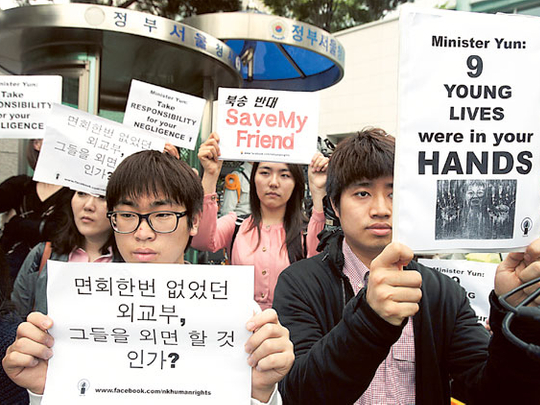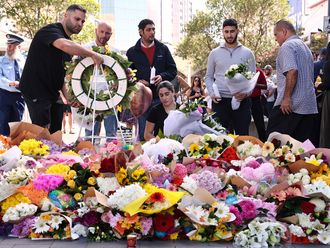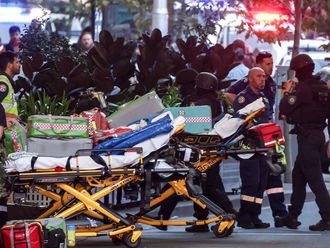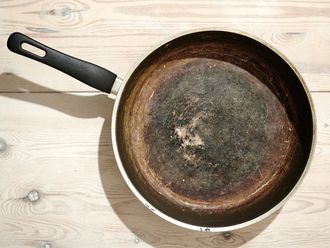
Seoul: Human rights monitors and North Korean defector groups voiced anger and concern Thursday over the forced repatriation to Pyongyang of nine young refugees captured in Laos.
The case has aroused strong public feeling in South Korea. Some have accused the foreign ministry, which has so far declined to comment, of failing in its duty to protect the refugees once they got to Laos.
Most North Korean refugees begin their escape by crossing into China and then try to make it to third countries - often in Southeast Asia - where they seek permission to resettle in South Korea.
If they are caught and returned to the North they can face severe punishment.
The nine arrested in Laos around three weeks ago were returned to China on Monday and then flown back to Pyongyang the next day.
Laos had previously been seen as a relatively safe and popular transit point, and its decision in this case to return the nine refugees - aged between 15 and 23 - prompted strong expressions of concern.
“Laos and China demonstrated their disregard for human rights by allowing the North Korean government to forcibly return these nine people without fulfilling their obligations to allow refugee status determination,” said Phil Robertson, deputy Asia director for Human Rights Watch.
“These three governments will share the blame if further harm comes to these people,” he said.
In South Korea, the foreign ministry came under fire after it emerged that its embassy in Vientiane had been aware of the refugees’ arrest but had been unable to prevent their return to China.
“The South Korean embassy in Laos should be held accountable for their tragic journey home,” the JoongAng Daily said in an editorial.
“It seems the embassy simply watched them be repatriated,” the newspaper said.
The Seoul-based North Korea Refugees Human Rights Association was equally scathing in its assessment.
“This happened because of the South Korean foreign ministry’s lack of care for North Korean refugees,” association president Kim Yong-Hwa said.
In a further development, South Korea’s Dong-A Ilbo newspaper on Thursday quoted an unidentified diplomatic source as saying one of the repatriated refugees was the son of a Japanese woman abducted to North Korea in the 1970s.
North Korea’s abduction of Japanese people decades ago to train its spies is a running sore in relations between the two countries.
Since the end of the Korean War in 1953, some 25,000 North Koreans have escaped home - most after a deadly famine in the mid-90s - and settled in the South.
North Korean leader Kim Jong-Un is believed to have tightened border controls since he came to power after the death of his father Kim Jong-Il in December 2011.
The number of refugees arriving in South Korea plunged more than 40 per cent to 1,508 last year.












